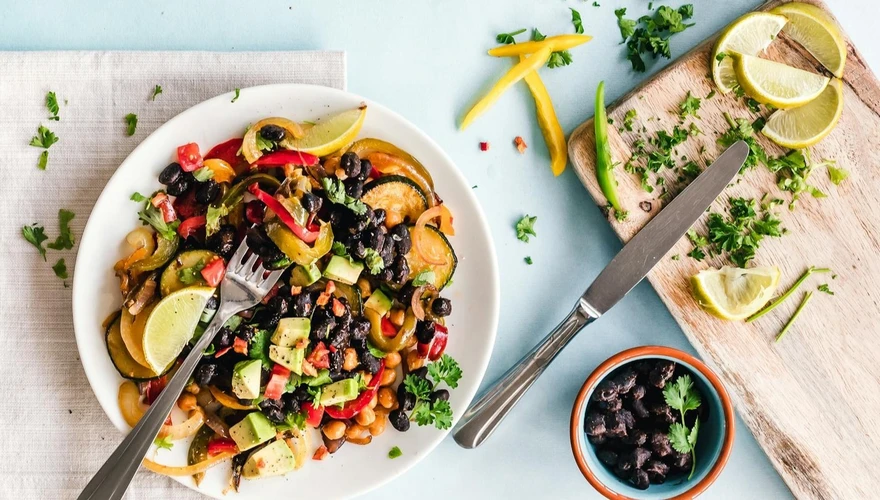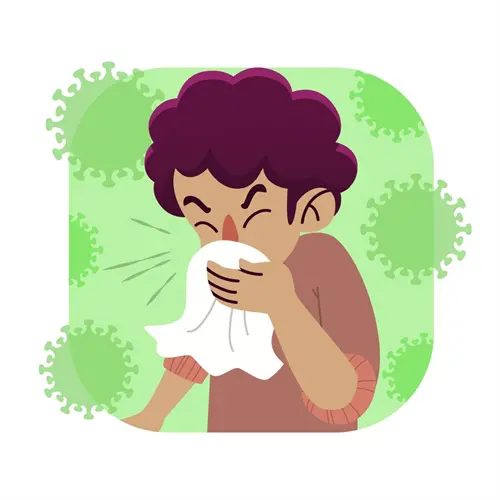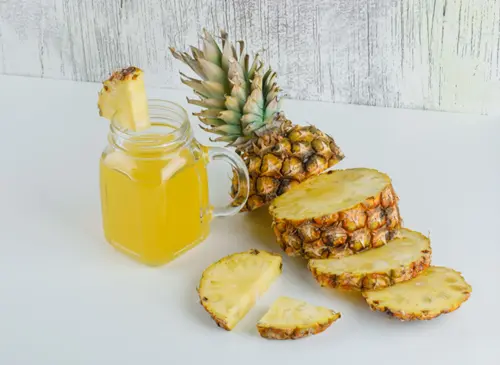Preventive Healthcare
Protein Rich Food For Vegetarians: Sources, Diet Plan & Food Chart
359071 Views
0

Overview
As a vegetarian, you have chosen a path that is compassionate and incredibly healthy. However, are your nutritional needs, especially protein, really being met?
Protein is a nutrient that helps build and repair tissues, supports your immune system, and keeps you feeling full and energised.
Women should aim for at least 46 grams of protein per day, while men should target around 56 grams. However, your protein needs may vary depending on your weight and activity level.
As meat is the go-to source of protein for many, as vegetarians, you may have heard of concerns about meeting your protein needs, but do not fear! Here, you have a diverse array of protein rich food veg at your fingertips. Let’s look into the veg protein food chart and enrich our knowledge of veg protein sources.
Top 15 Protein Rich Food For Vegetarians
Eating a protein rich vegetarian diet offers several health benefits compared to meat-based protein.
- Plant-based protein is lower in saturated fat and cholesterol, making it a heart-healthier option.
- They contain more fibre, vitamins, minerals, and antioxidants, which contribute to overall health by helping you reduce your body weight. It also reduces the risk of chronic diseases such as heart disease, diabetes, and cancer.
Here’s a list of veg protein sources waiting to fuel your journey towards optimal health. Let’s check the protein rich food veg:
1. Lentils
Lentils or dals are a staple in every Indian kitchen. With 18 grams of protein per cooked cup (198 grams), they are a very good source of protein and fibre.
2. Legumes
Beans, chickpeas, and peas are excellent sources of protein and fibre. Every cooked cup of legumes contains 18 grams of protein. Whether you enjoy them in soups, salads, or curries, legumes are a nutritional addition to any meal.
3. Nuts
Almonds, walnuts, and cashews are not only crunchy and delicious but also rich in protein and healthy fats. Every 28 grams of nuts contains 5 to 7 grams of protein based on the variety of nuts. Sprinkle them over the salad or enjoy them as snacks between the meals.
4. Soy Milk
Soy milk is a great alternative to dairy milk. It is fortified with calcium and protein, making it a valuable addition to your diet. It contains 6 grams of protein per cup, which is 244 grams of soy milk. Pour it over your morning cereal, or use it in smoothies for an extra protein boost.
5. Green Peas
Do not underestimate the nutritional power of these vibrant green gems. They are excellent vegetable protein sources, with around 9 grams of protein per 160 grams of cooked cup of peas. They are a tasty way to sneak in some extra protein.
6. Quinoa
Often hailed as a superfood, quinoa is a complete protein, meaning it contains all nine essential amino acids. Quinoa contains 8 to 9 grams of protein per cooked cup (185 grams). Swap out rice or pasta for quinoa in your favourite dishes to up your protein intake.
7. Chia Seeds
These tiny seeds are packed with protein, fibre, and omega-3 fatty acids. They contain 5 grams of protein and 10 grams of fibre per 28 grams of chia seeds. Add them to your yoghurt, oatmeal, or smoothies for an extra nutritional boost.
8. Oats
Starting your day with a hearty bowl of oatmeal not only provides you with sustained energy but also a good dose of protein. 40 grams of oats contain 5 grams of protein and 4 grams of fibre. Customise your oats with fruits, nuts, and seeds for a nutritious breakfast.
9. High Protein Vegetables
Broccoli, spinach, and kale are not only rich in vitamins and minerals but also surprisingly high in protein. It contains 4 to 5 grams of protein per cooked cup. Incorporate them into your meals to add nutritional value and flavour.
10. Fruits
While not as protein-dense as other foods on this list, fruits like guava, bananas, and avocados still contribute to your overall protein intake. They contain around 2 to 4 grams of protein per cup. Plus, they’re packed with vitamins, minerals, and antioxidants.
11. Edamame
These young soybeans are not only delicious but also excellent veg protein sources. They contain 10 to 12 grams of protein per 100-gram serving. Enjoy them steamed as a snack or added to salads and stir-fries.
12. Brussels Sprouts
These miniature cabbages are not only cute but also nutritious. With approximately 4 to 5 grams of protein per cooked cup, Brussels sprouts are a great addition to any meal.
13. Wild Rice
Unlike white rice, wild rice is not stripped of its bran. It is higher in protein and fibre, making it a healthier choice for vegetarians. The cooked cup (approx. 100 grams) of wild rice contains nearly 4 grams of protein. Use it as a base for grain bowls for a satisfying meal.
14. Sweet Corn
Bursting with sweetness and flavour, sweet corn is a summertime favourite and a good source of protein. 100 grams of sweet corn contains 3.2 grams of protein. Enjoy it grilled, steamed, or tossed into salads and salsas.
15. Cottage Cheese
If you include dairy in your diet, cottage cheese is an excellent source of protein. Every 100 grams of cottage cheese contains around 11 grams of protein. Enjoy it on its own, or mix it with fruits and vegetables.
FAQs:
1. How do Vegetarians Get Enough Protein?
You can easily meet your protein needs by incorporating a variety of protein rich food veg into your vegetarian diet plan, such as legumes, nuts, seeds, and whole grains. Be sure to include veg protein sources at each meal to ensure adequate intake.
2. Which Fruit Has the Most Protein?
While fruits are not typically high in protein compared to other food groups, guava stands out as one of the highest-protein fruits, with approximately 2.6 grams of protein per 100-gram cup.
3. Do Vegetarians Lose Weight Faster?
A vegetarian diet plan can be conducive to weight loss due to its high protein content, lower calories, and reduced saturated fat. Veg protein sources can help reduce weight by making you feel satiated, boosting metabolism, preserving muscle mass, regulating appetite hormones, and promoting fat loss.
However, weight loss also depends on factors such as overall calorie intake, food choices, and the extent of physical activities to break down fat or calories consumed.
4. Which Dal is High in Protein?
Among dals (lentils), moong dal (split green gram) is one of the highest in protein, offering approximately 14 grams of protein per cooked cup.
5. Which Vegetable Has the Most Protein?
Spinach and broccoli are among the vegetables with relatively higher protein content, around 2.9 grams per 100-gram serving.
6. As a Vegetarian, How Can I Get 75 Grams of Protein a Day?
Your vegetarian diet plan should include a variety of protein rich food veg options, such as lentils, legumes, tofu, nuts, seeds, quinoa, and dairy alternatives.
7. What is the Best Source of Protein for Vegetarians?
Legumes, tofu, tempeh (fermented soybeans), nuts, seeds, quinoa, cottage cheese, whey protein, skim milk, etc. are excellent veg protein sources.























 WhatsApp
WhatsApp